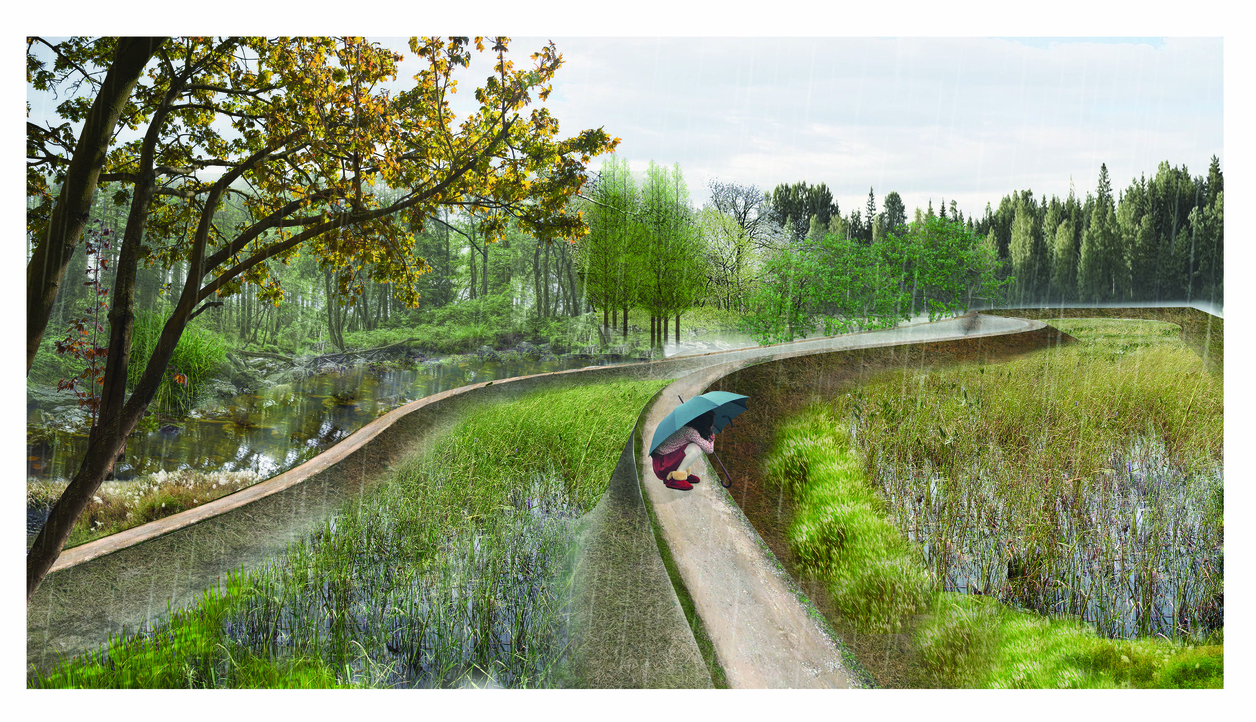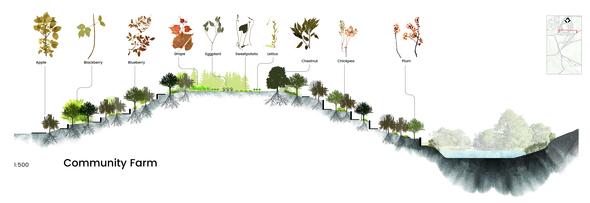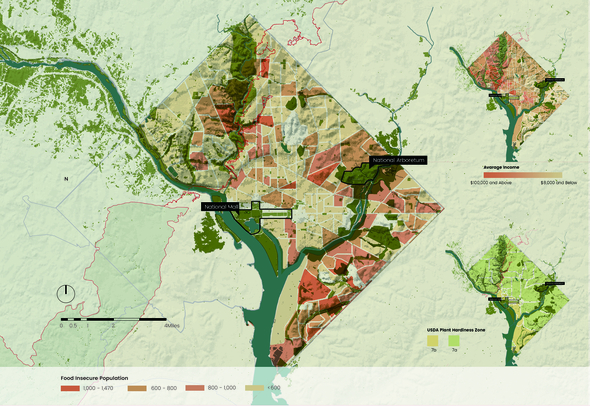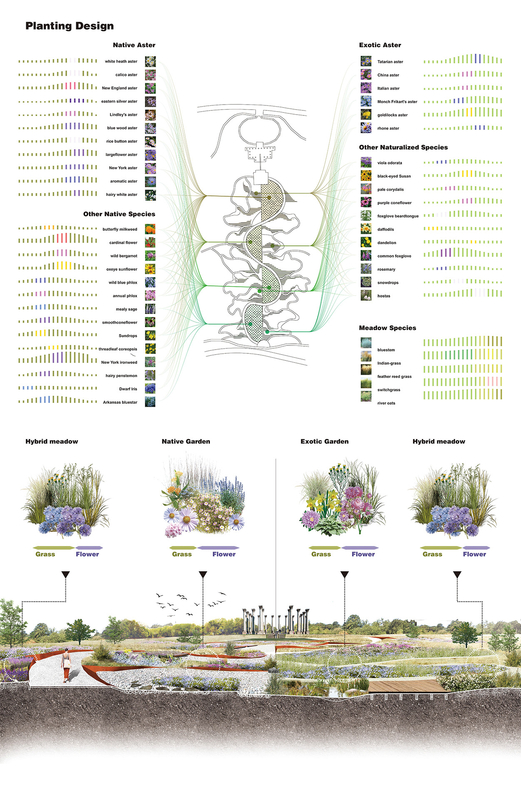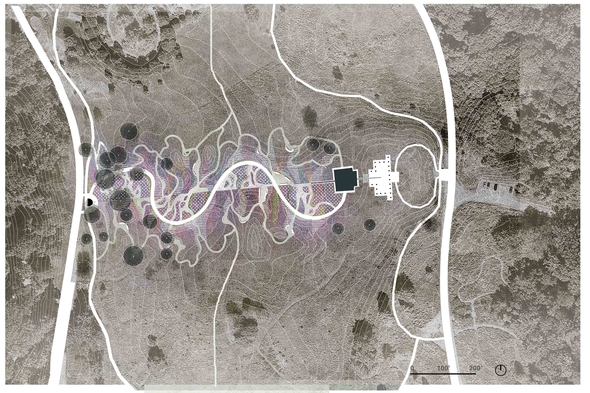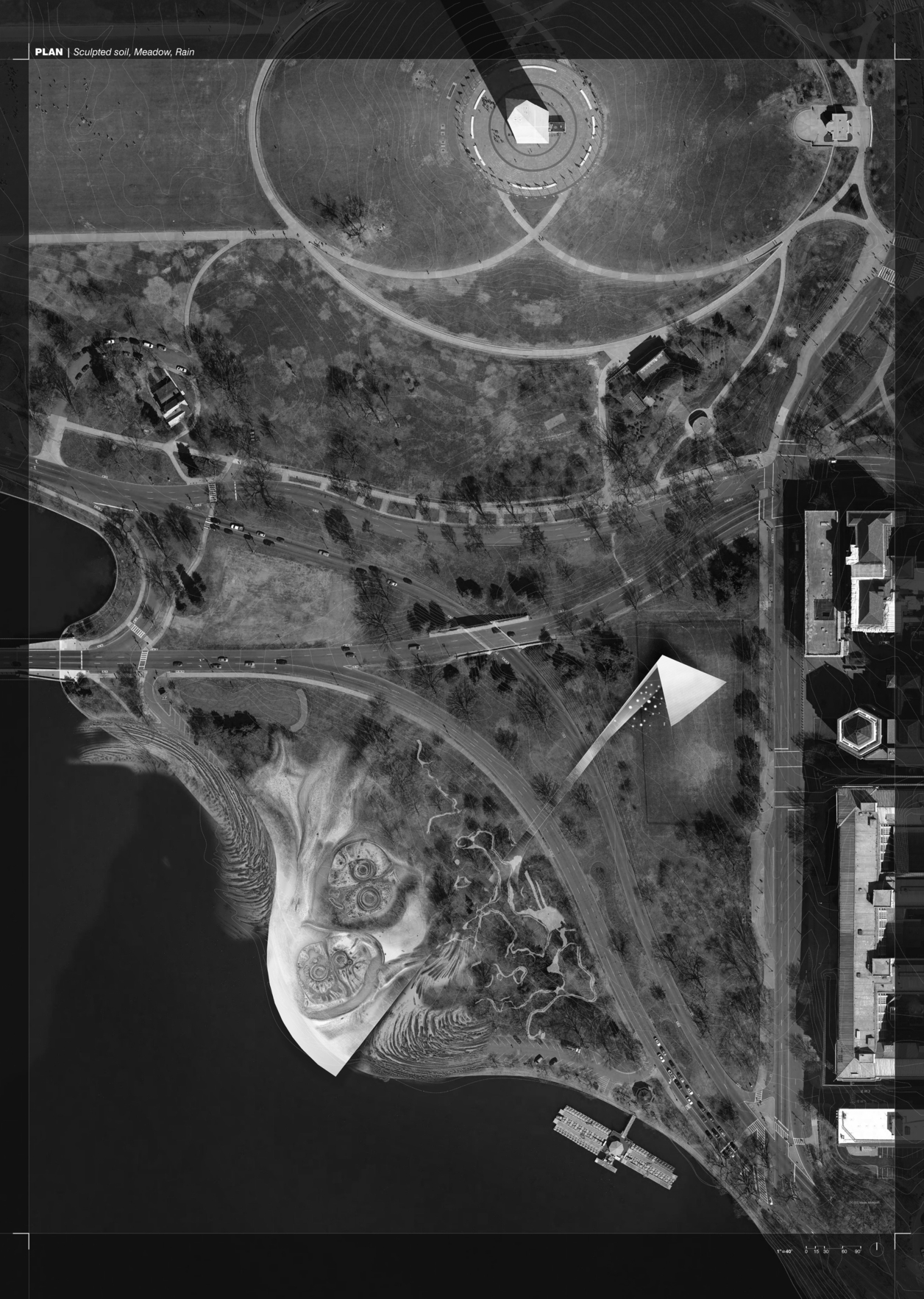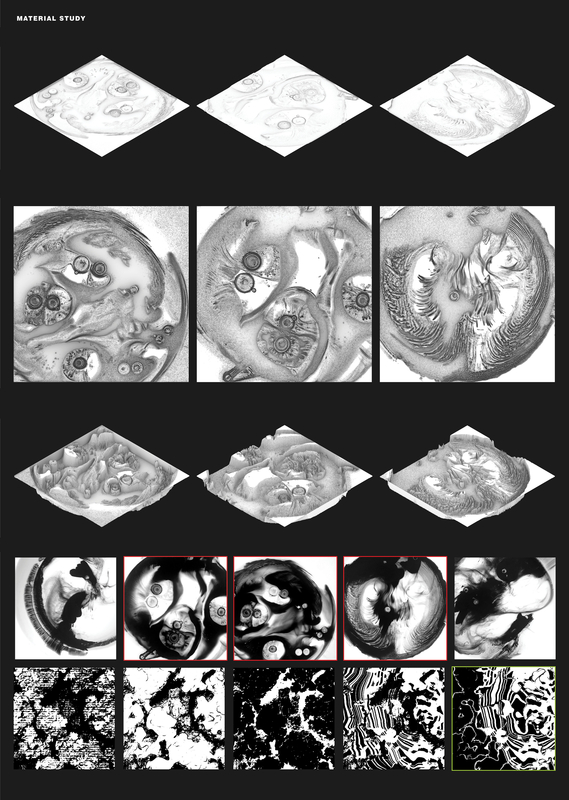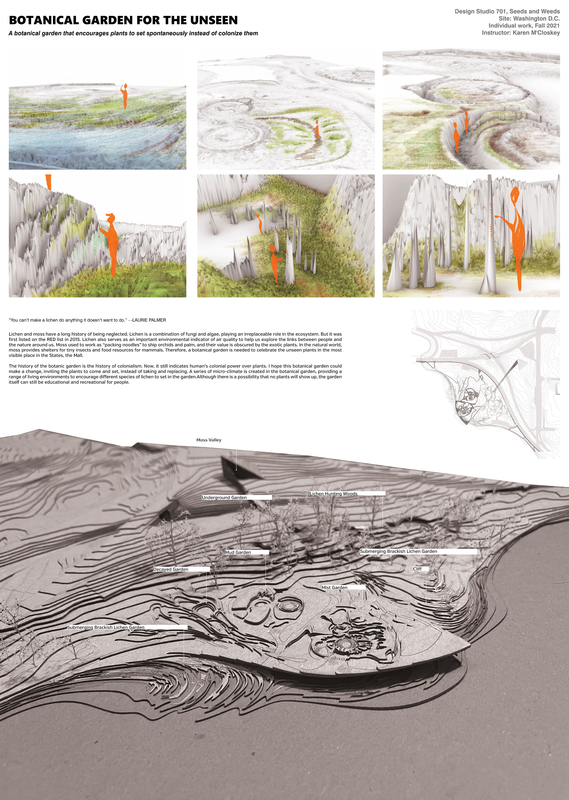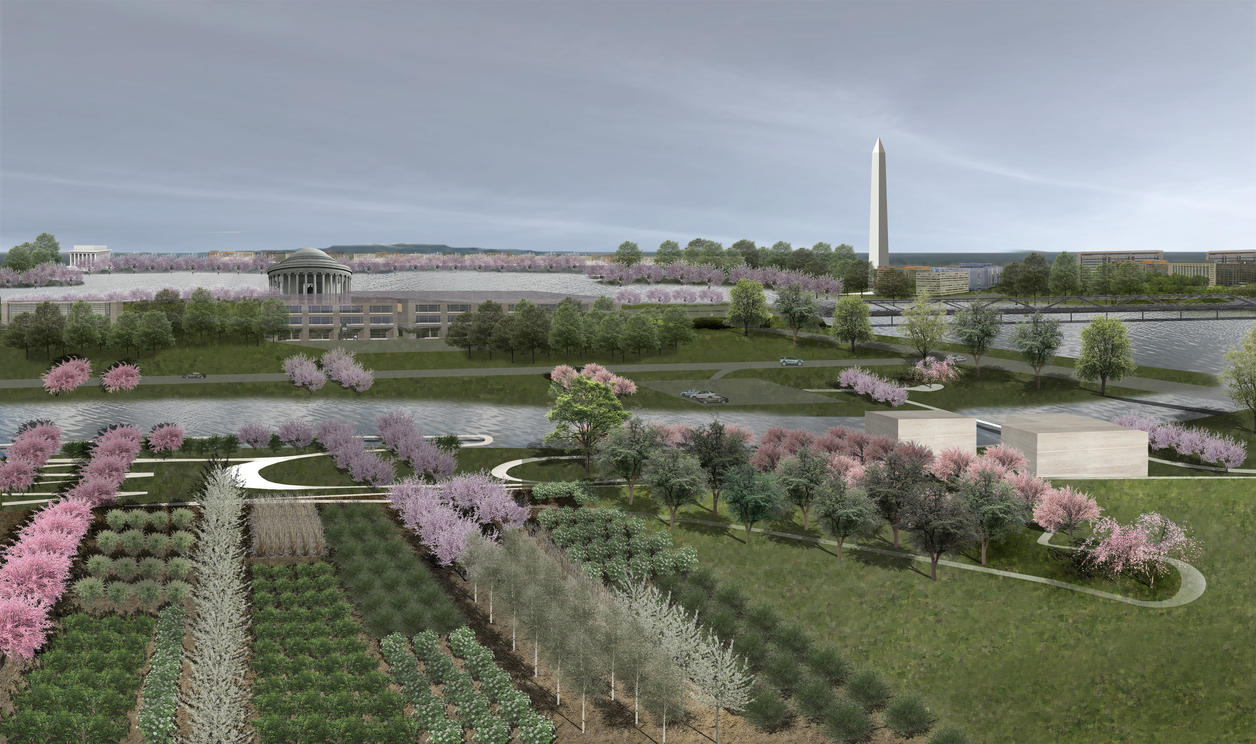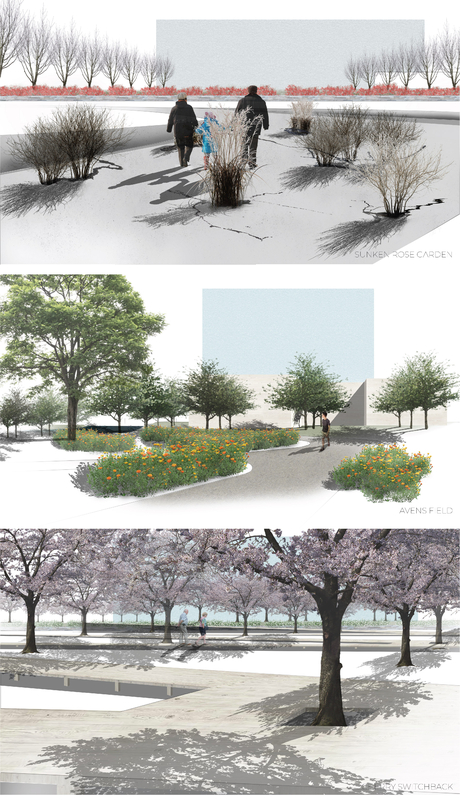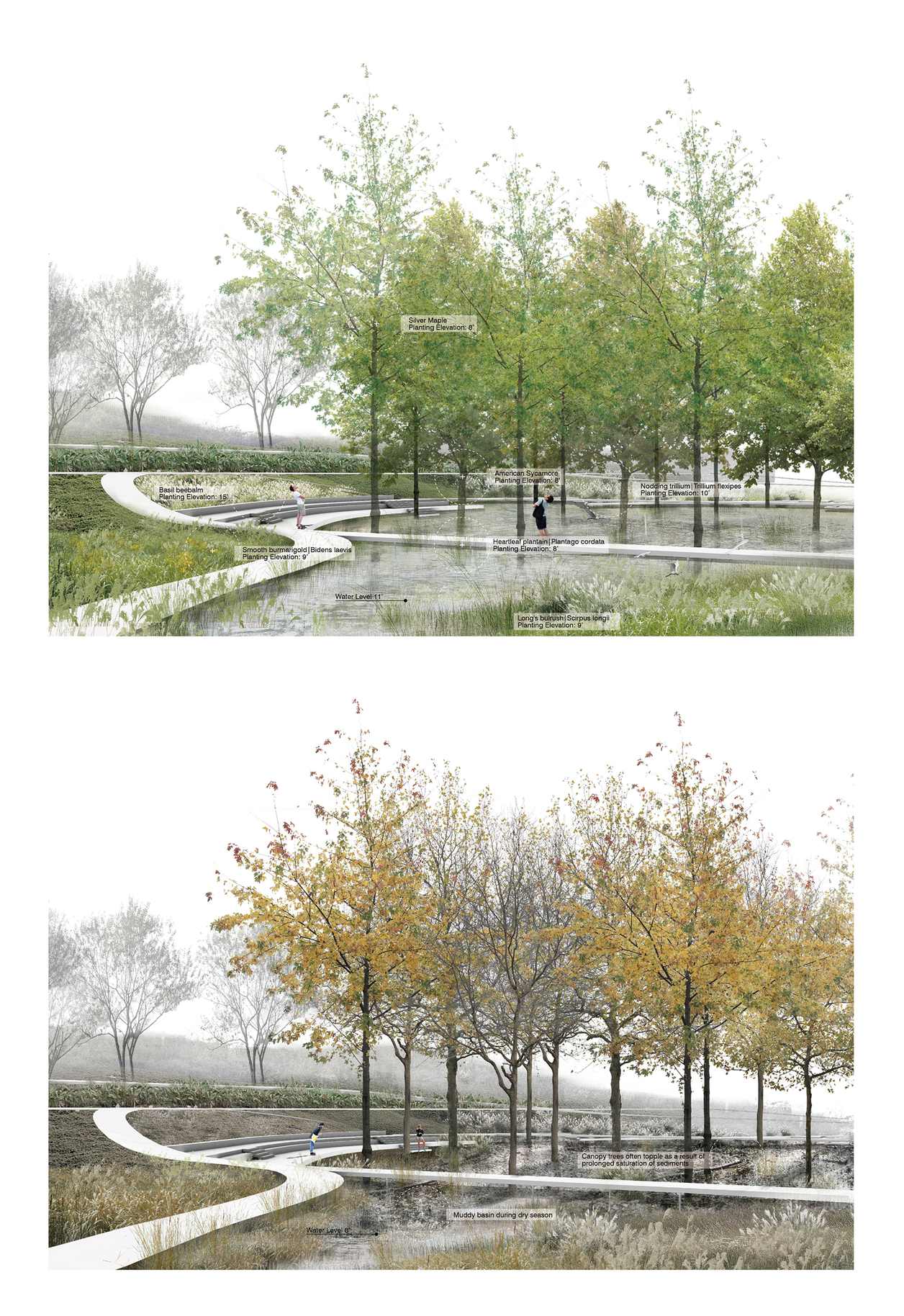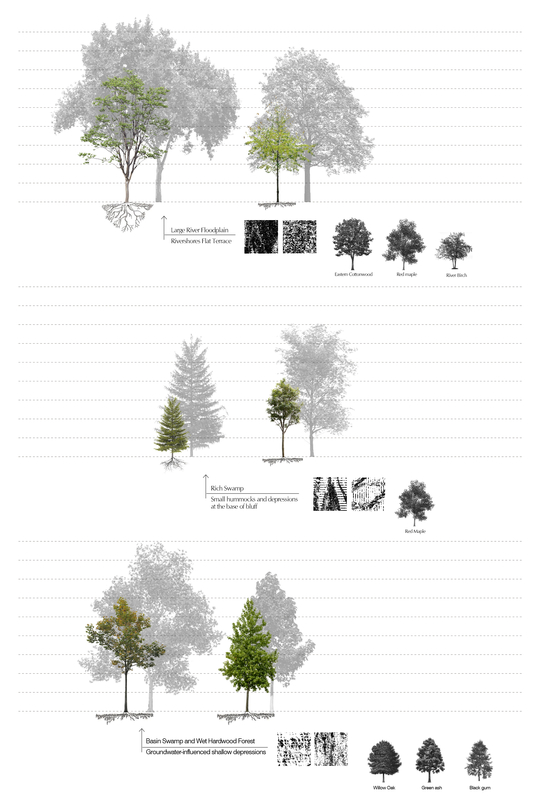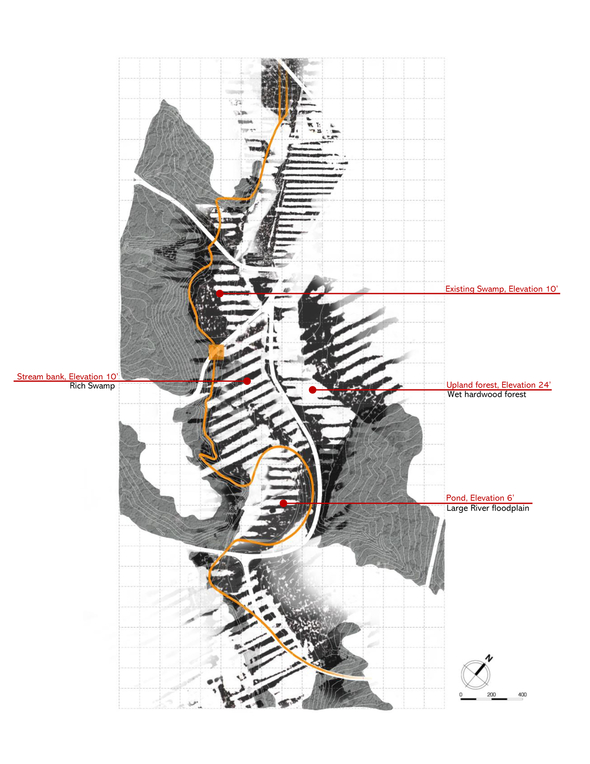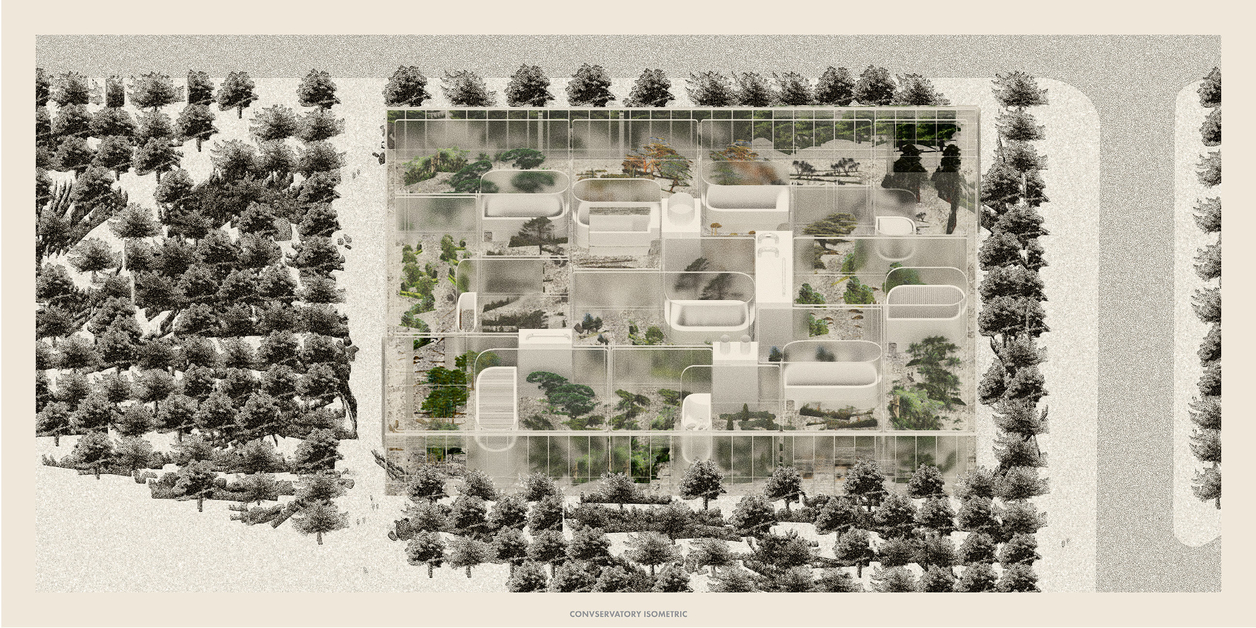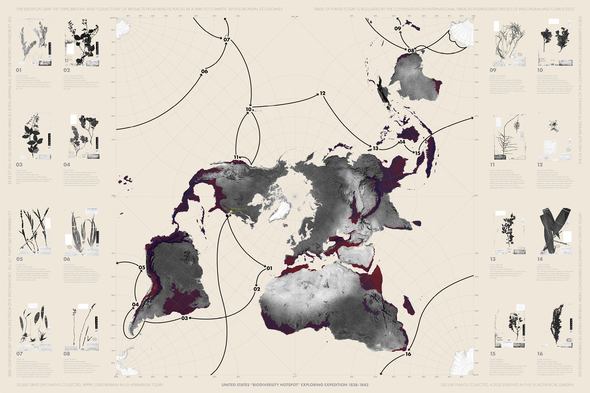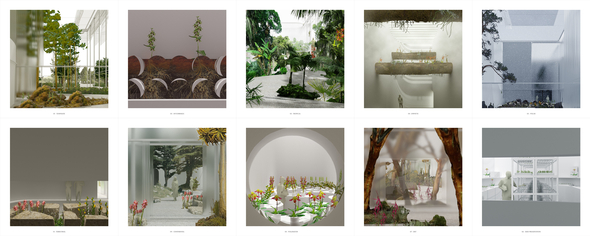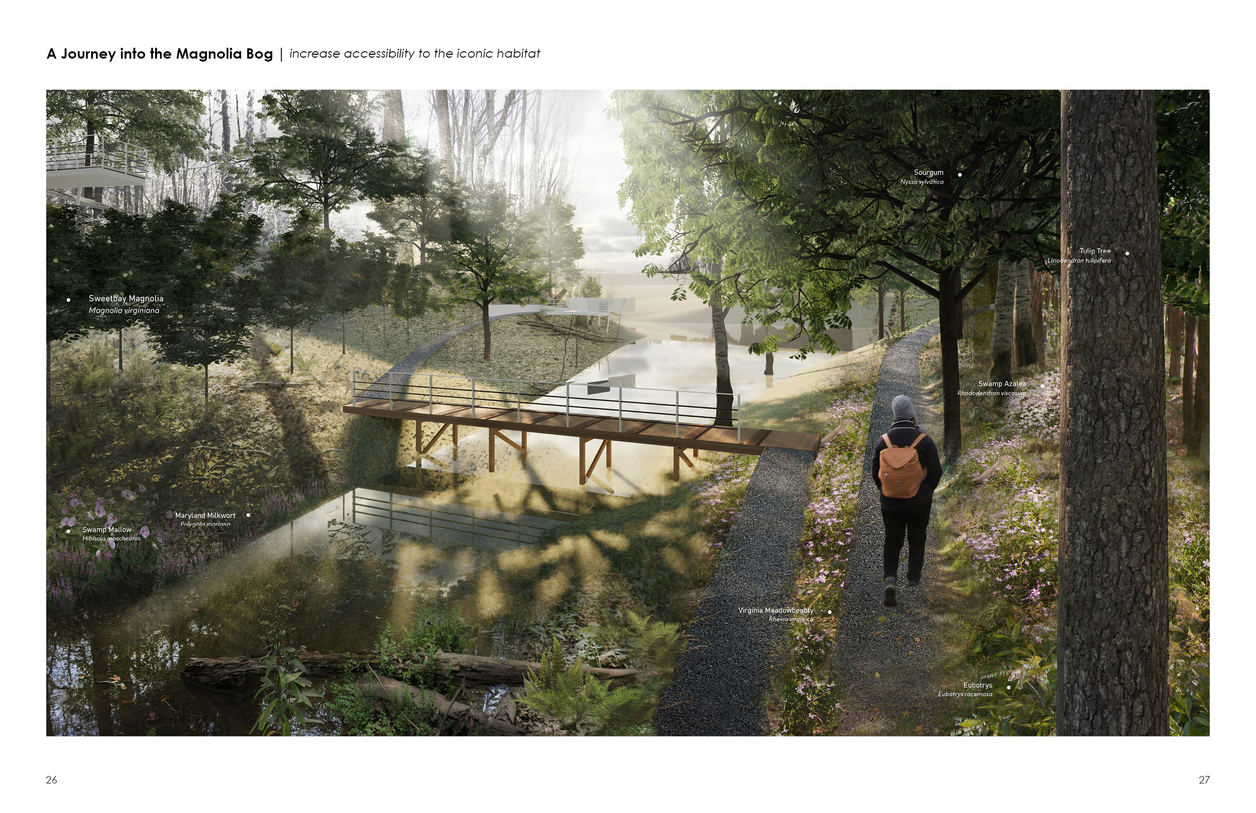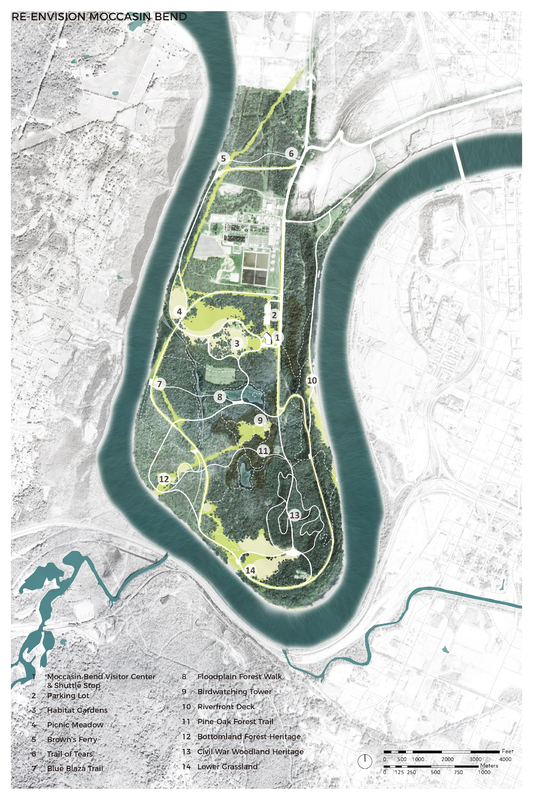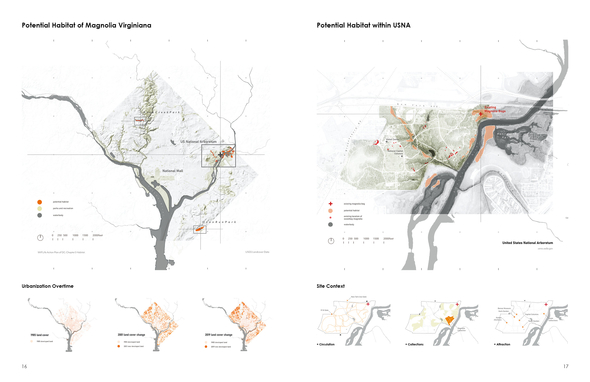Seeds + Weeds
Botanic gardens may seem a quaint relic at best (Sunday strollers, twirling parasols) or, worse, an outmoded typology (along with zoos and archeology museums) with a sordid history of pillaging and empire building. One could surely argue that these relatively small and bounded spaces are irrelevant in the face of rapid biodiversity loss, massive urbanization, and resource depletion. However, botanic gardens are a locus from which to understand the myriad political, economic, scientific, and social interactions related to nature governance and nature experience. Botanic gardens, which combine the science of botany and the art of display to educate the public about plants, are a useful lens through which to see our changing relationship to nature vis-à-vis plants and plant collections, as well as their representations.
This studio is structured with readings, field trips, and guest lectures from scientists, historians of science, and landscape architects. Key terms at the root of this type of garden—colonization, classification, cultivation, and collection—will be discussed, providing the foundation for students to develop proposals for a botanic garden in the context of the nation’s capital: Washington D.C., using the National Arboretum and US Botanic Garden as focal points to begin our study. Botanic gardens have always been experimental by nature. What forms might this take today?


